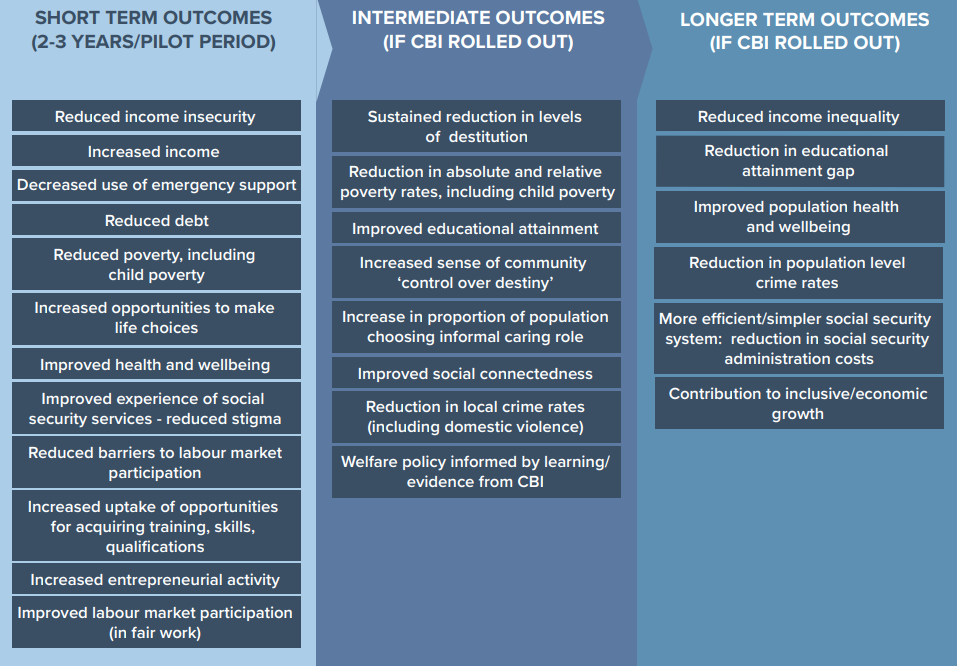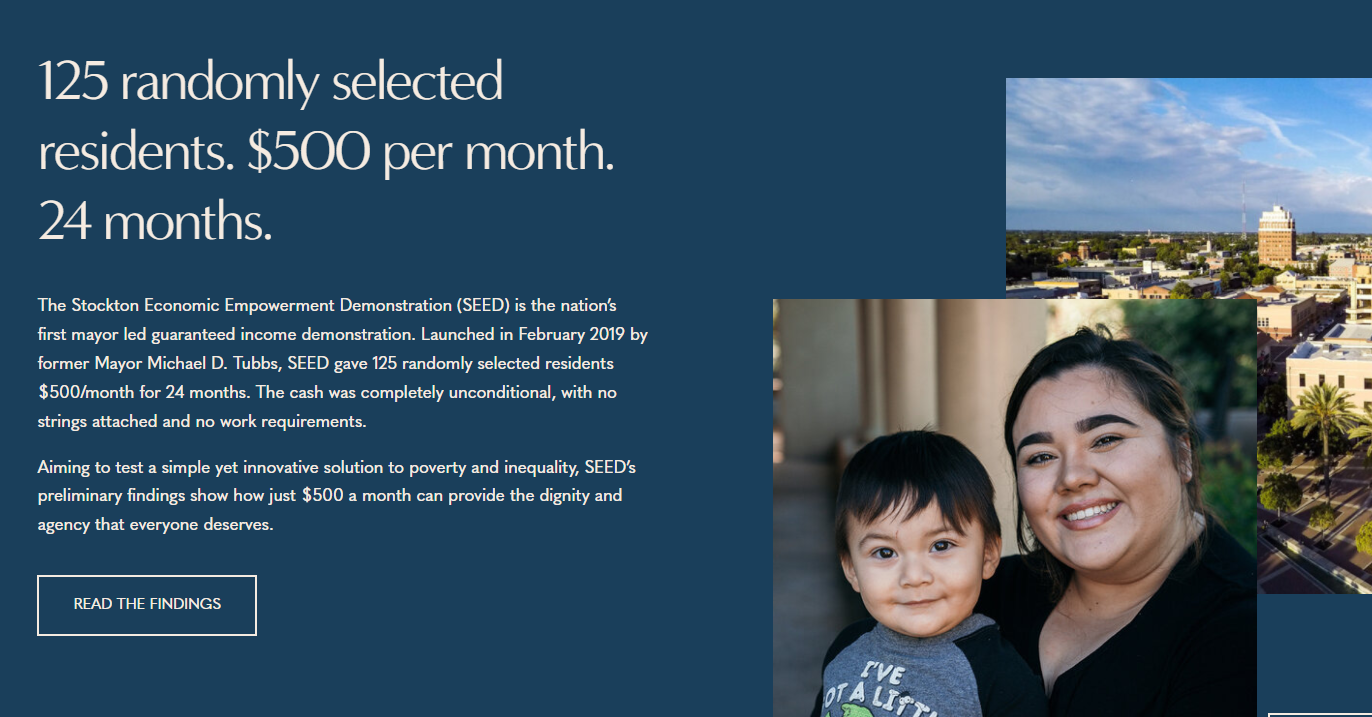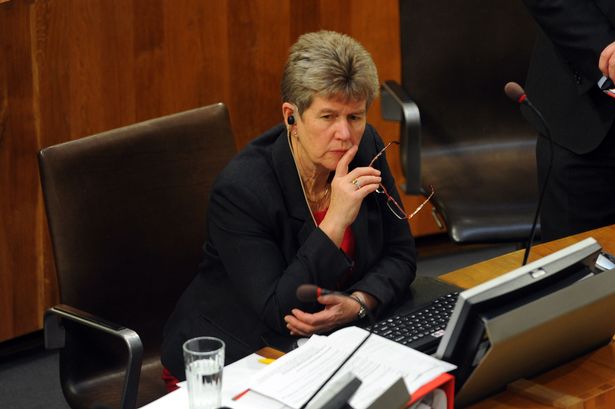In this blog Co-Founder of the Basic Income Conversation Cleo Goodman looks at the details of the Welsh basic income pilot released today.
Today details of the Welsh basic income pilot have been published in a statement from Jane Hutt, Minister for Social Justice.
The Programme for Government 2021–2026 made a commitment to pilot a basic income scheme in Wales.
This commitment is an extension of the social wage and the model of progressive universalism that the Welsh Government has followed for over 20 years. In Wales, we look after each other and this scheme is an extension of the values of care and compassion that distinguish us as a country.
– Jane Hutt, Minister for Social Justice
Last year it was announced that the pilot would be targeted towards care leavers. Today we heard more details about how the pilot will be designed and that it will commence this summer.
Who will participate in the pilot?
The pilot will be targeted at care leavers. All young people leaving care who turn 18 over a 12 month period, anywhere in Wales, will be invited to participate in the pilot.
It’s expected that this will be about 500 people.
Any adult who spent time in care as a child (i.e. under the age of 18). This care would have been approved by the state through a court order or on a voluntary basis. It can range from as little as a few months to as long as ones whole childhood (18 years). Such care could be in foster care, residential care (mainly children’s homes) or other arrangements outside the immediate or extended family. The care could have been provided directly by the state (mainly through local authority social services departments) or by the voluntary or private sector (e.g. Barnardos, The Children’s Society and many others). It also includes a wide range of accommodation. For example, it would include secure units, approved schools, industrial schools and other institutions that have a more punitive element than mainstream foster or residential care
– The Care Leavers’ Association definition of a care leaver.
How long will the pilot last?
Participants will receive the payments for 24 months starting from the month after their 18th birthday.
The pilot will run over 3 years, with a staggered start as each participant turns 18 and starts receiving their payments during the first year of the pilot.
How much will the basic income payments be?
£1600 will be paid as a basic income per month. This is reportedly the highest level of payment for a basic income pilot anywhere in the world.
The DWP and HMRC have confirmed that the basic income payments will be classed as income. This means they will be taxed and they will make participants ineligible for certain means tested benefits.
So after tax deductions and lost benefits the £1600 payment shrinks a bit. But still goes a long way towards covering basic costs which is the exact purpose of a basic income. I would wager that the level of payment has been set this high largely to overcome the challenges the lack of cooperation pose.
Participants will keep all the income they earn from paid work, after tax, throughout the pilot.
Principles of the pilot
1. Taking part in the pilot should make no participant worse off
This is a crucial principle to ensure the pilot is ethical. Unfortunately this principle has been made a lot harder to meet due to the refusal of central government, the DWP, and HRMC to cooperate with the pilot.
The team delivering the pilot have gone a long way to overcoming this with setting the payment level at a high enough rate to account for the taxation of the basic income and any benefits that might be lost.
Selecting care leavers also over comes the issue of legacy benefits. Legacy benefits are older forms of benefits that are being phased out. Some people remain on them until there is reason for them to be moved onto the new system. Sometimes when they are moved from a legacy benefit to a new benefit they end up financially worse off.
Legacy benefits are a concern with basic income pilots because if someone gives up a legacy benefit to become a participant in the pilot they will be worse off when the pilot comes to an end. Care leavers turning 18 won’t be receiving legacy benefits and therefore this is not an issue.
Throughout the pilot the team delivering it will have to uphold a duty of care to ensure this principle is met.
2. There should be no conditionality on income received
This ensures that a true basic income is being tested.
3. The same payment should be paid to everyone
A basic income should be uniform based on all characteristics except for age (payments can be slightly lower for children and higher for people above retirement age).
4. The payment will not be altered midway through the pilot.
This ensures participants are able to depend on their basic income payments throughout the duration of the pilot. This experience of security is a crucial aspect of a basic income that is being tested as part of the pilot.
Critiques of the pilot
The main critique of the pilot has been that it is targeted.
However, at the Basic Income Conversation we see the value in targeted basic incomes. We still deeply believe that a fully realised universal basic income would be deeply beneficial to society. However, the sooner we can guarantee people financial security through an improved system that resembles a basic income as closely as possible the better. Starting off by targeting basic incomes to people who would benefit from them the most, or by removing conditions from existing systems is a perfectly viable route to implementation.
In terms of pilots, targeting is a valid design decision. We go into this more later in this blog.
Some people have suggested that the payments are too generous. Asking, can we class this as a basic income?
Yes this is a relatively high rate of basic income, one that is unlikely to be rolled out universally at least in the short term. But that is quite useful for a pilot. The higher the rate the more pronounced the impacts during the pilot period.
And as we have already noted the high rate is also set to overcome the challenges posed by the lack of cooperation from central government.
Unfortunately we are also still hearing the usual critiques that a basic income will not drive people towards employment or any other kind of valuable work.
Firstly, the proof will be in the pudding with that one. We need a pilot to know whether that is the case and this pilot is setting out to measure the impact a basic income has on unemployment.
Spoiler alert, other pilots show that people do continue to engage in paid work at about the same rates when receiving a basic income. The people who work less tend to be people with young children and people who go back into education, both highly valuable forms of unpaid work.
They call it a #UBI pilot but it is only focusing on care leavers.
— Peter Fox MS (@PeterFox61) February 15, 2022
The principle of UBI is wrong – it doesn’t encourage people to look for work or drive aspiration, but simply rewards people with no rational. (1/2)https://t.co/UPez54BtK6
Peter can’t seem to decide whether he disagrees with the pilot because it’s too targeted or if it’s not targeted enough!
What will we learn from this pilot?
We are yet to see a comprehensive evaluation framework for the pilot. But the statement from Minister Jane Hutt states the pilot,
… will test the stated benefits of basic income, such as addressing poverty and unemployment and improving health and financial wellbeing.
These are largely the same outcomes the pilot proposed at the end of the Scottish basic income experiment feasibility study intended to test.
The theory of change for the Scottish pilot outlines the outcomes that could be expected to be seen in a 2 or 3 year period and therefore what could be monitored during a pilot. It also lays out the mid-term and longer term outcomes for a full basic income pilot scheme. (Note that the Scottish work uses “CBI” or “citizen’s basic income”, this has the same meaning as “UBI” or “universal basic income”)

So, it’s likely that the Welsh pilot will use evaluation methods that monitor some or all of these short term outcomes for the care leavers participating in the pilot.
The design of the pilot decides what we can learn from it and what we can conclude from the information collected. All factors have an impact on this, everything from what data is collected, how participants are selected, how much is paid out, how many people participate, the list goes on.
Any basic income pilot should test a scheme that meets 4 of the 5 core characteristics of a basic income: cash, regular, paid to the individual and unconditional.
Ideally a basic income pilot should also aspire to be as universal as possible as this is also a core characteristic of a basic income. However, it is very rare that a pilot actually commits to doing this.
Almost all pilots are targeted to some degree. The Finnish pilot was targeted at unemployed people, the Stockton pilot at people on low incomes and now the Welsh pilot at care leavers.

Targeting means that we cannot be sure that the behaviour of the chosen group is representative of the population as a whole, and therefore whether it is a reflection of what would happen if we implemented a universal basic income.
The proposed Scottish pilot and basic income advocates like Guy Standing suggest that best practice for testing a universal basic income is to do a geographically based pilot.
This means that the basic income is universal within a geographically determined area, such as a town or a street.
The key benefit of a geographically based pilot is that it can give us some indications of the community level impacts of a basic income. These are the impacts that arise from everyone within a community receiving the payment.
If everyone in a town is receiving a basic income all of them will behave differently as a result of this. For example, the security of a basic income might lead to things like people collaborating to take a risk on a business idea or spending more time doing unpaid work on community projects. It might have more negative impacts, people might try to take advantage of others around the date a basic income is paid as they know they have the money available to them at that point. A geographic pilot would tell us more about how these community level impacts might function in a given place.
As the Welsh pilot is not geographically based, it won’t tell us much about these community level impacts. It’s possible care leavers of the same age will be in touch with each other and there may still be some things that can be measured to tell us a bit about how a community with a basic income functions. But we won’t be able to draw strong conclusions from this information.
That being said these first details indicate that we can learn a lot of very important information from the Welsh basic income pilot.
- Things that happen to the majority of participants can tell us what is likely to happen across the population as a whole. Care leavers have a different experience to others in society. But if some of the impacts are really strong (e.g. most participants experience improved well-being that can be shown to be directly caused by the basic income) it’s possible this would be true for the wider population. If we then look at other pilots and find that the participants there also experienced the same thing, we can start to assume that this would be true for a universal basic income as well as a care leavers’ basic income.
- What happens during the 2 year pilot period and in the years that follow can tell us whether this is an effective policy to improve outcomes for care leavers. This pilot is a great test of how effective a care leavers’ basic income would be. We can measure outcomes during the 2 year pilot period and see what impacts participating in the pilot has in the long term (e.g. do we see that participants experience poverty at a lower rate than the average care leaver 5 years after the pilot ends). If it is shown to be a really effective policy then this makes a strong case for rolling it out as a permanent policy.
- The impacts on the care leavers who participate can be compared to the experience of young people who didn’t receive a basic income to see if this is an effective policy for young people. We might see that people who participate in the Welsh pilot end up in an improved position when compared to the entire population of young people (e.g. participants have a higher level of financial well-being than the average person of the same age). This would indicate that a basic income for young people would improve these outcomes across the board.
Are care leavers the right choice?
At the Basic Income Conversation we think they absolutely are.
Entering adulthood is a challenging part of life for us all. Care leavers are often left to go through this change without the resources or the support mechanisms that make it bearable. A basic income for care leavers could make all the difference.
Additional support at this age could provide a more solid foundation for care experienced young people to build their adult lives from. We want to assist these young people in finding financial independence and want to allow them to thrive not merely survive.
– Jane Hutt, Minister for Social Justice
We are glad to see that care leavers are being actively involved in the design and delivery of the pilot. Including reviewing what is learnt from the pilot and developing a set of recommendations on how those lessons can be applied.
As basic income advocates we often say basic income is “not a silver bullet” and we’re by no means suggesting a bit of extra cash will smooth over the experience of leaving care and entering adulthood completely. Services for care leavers, co-created and delivered by people who have used them, are absolutely essential. We’re really glad to see that there will be additional support for participants in the basic income pilot and that this is one of a range of activities that aim to help young people in Wales live the kind of lives they want to lead.
When speaking to people from various pilots, who have themselves received a basic income, I’ve been told that hard times are not eliminated by a basic income. But that it can feel like a life line when you are faced with them. A life line that has never been extended for too many of us.
Each care leaver’s experience is unique. Although that experience is shaped by having encountered the care system, the possibilities of what comes next for each person leaving care are endless. A basic income will give the participants of this pilot the security of an income as they enter adulthood and this next phase of their lives and work out where those possibilities will take them.
It will do that without conditions, without hoops to jump through and without judgement for two years, at a time where we have identified that the cost of living leaves people in crisis.
Now is the time
This is perhaps the first hopeful news we have had in some time.
We have seen the end of pandemic measures plunging people back into the unknown. The Universal Credit uplift stripping people of a much needed £20 a week at a crucial time. The last few months have been saturated with news of the Cost of Living Crisis, rising bills and prices that will leave people who are already spread thin at breaking point.
The Welsh Government taking bold steps to explore the idea of a basic income is a ray of hope.
I am delighted and relieved that at least a few hundred people in the UK will have a basic income to depend on for two years starting this summer.
Want to know more about Basic Income Conversation’s work? Check out their website basicincomeconversation.org.

